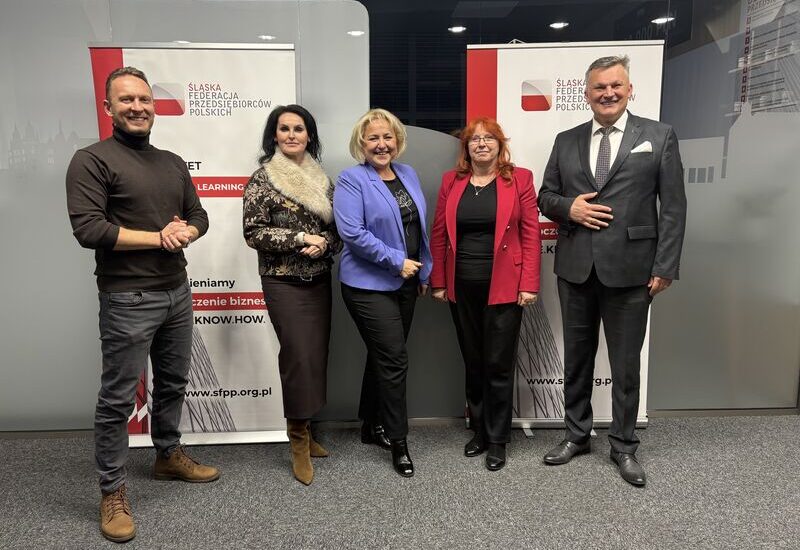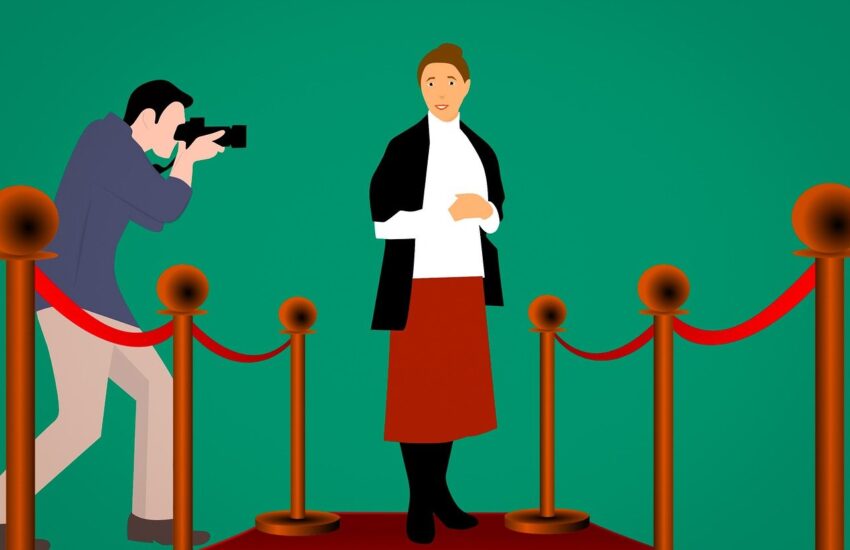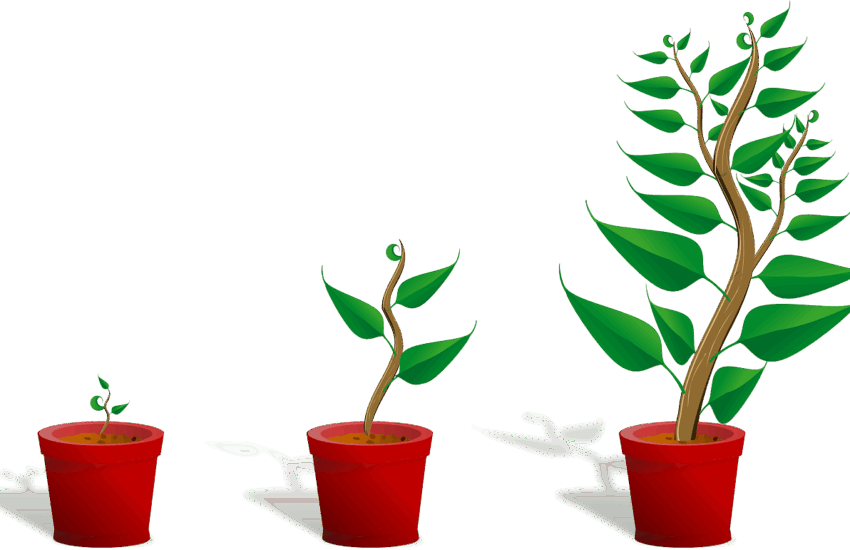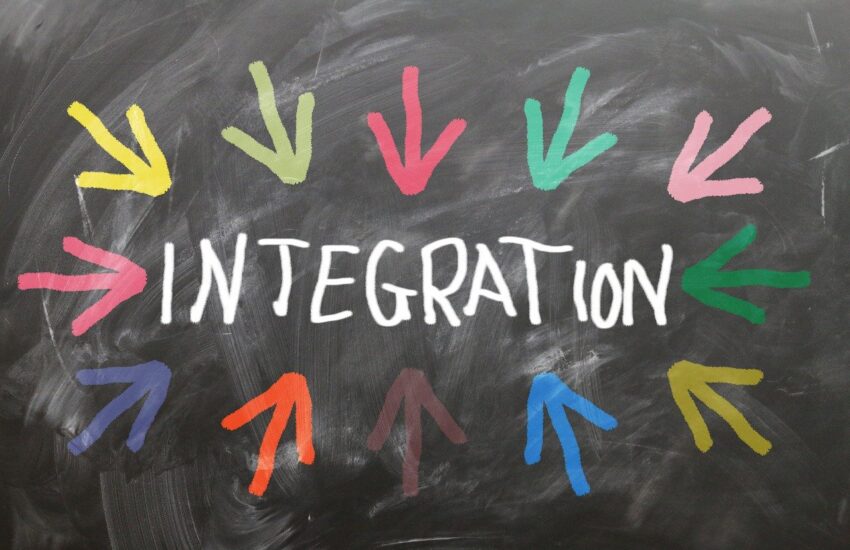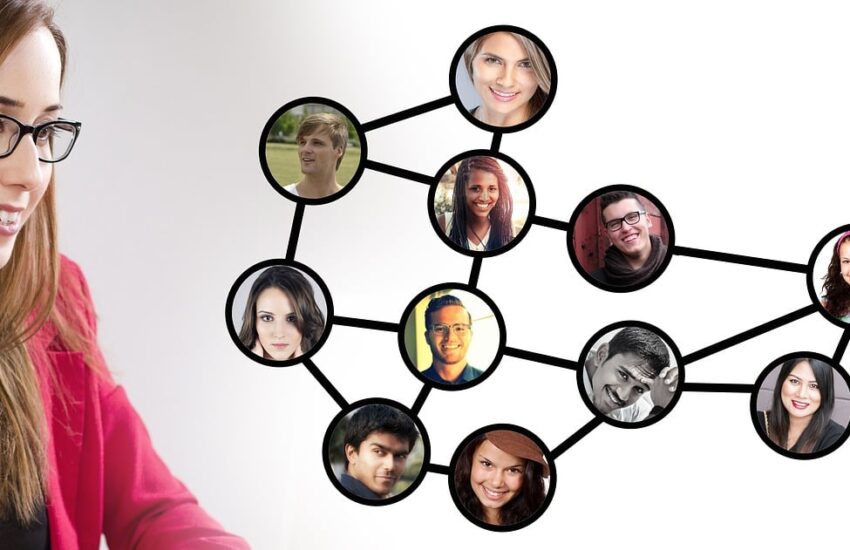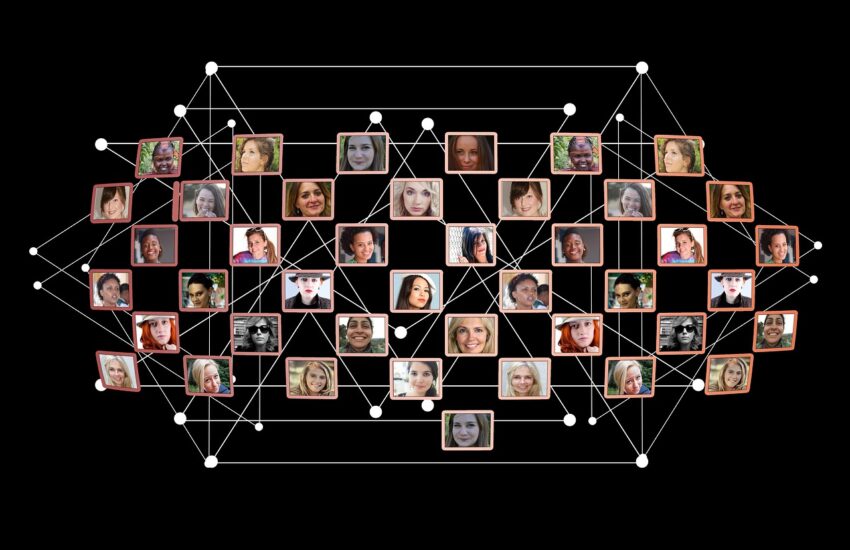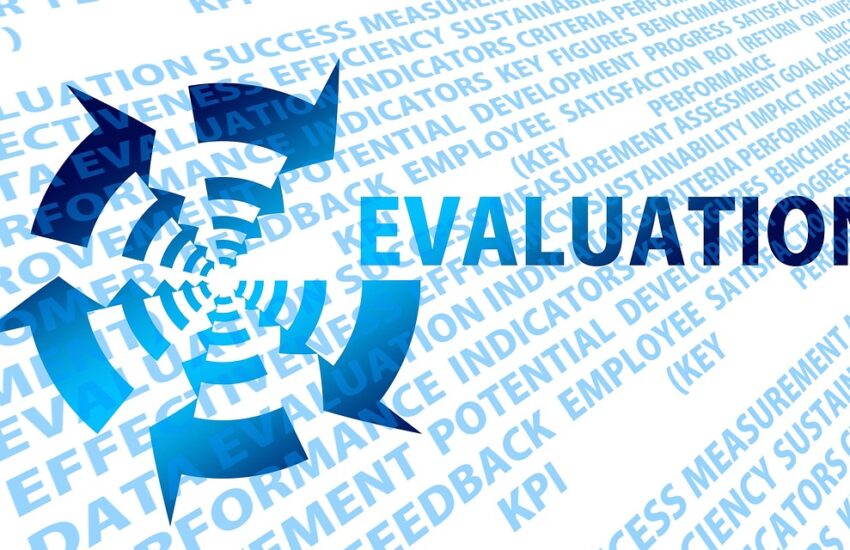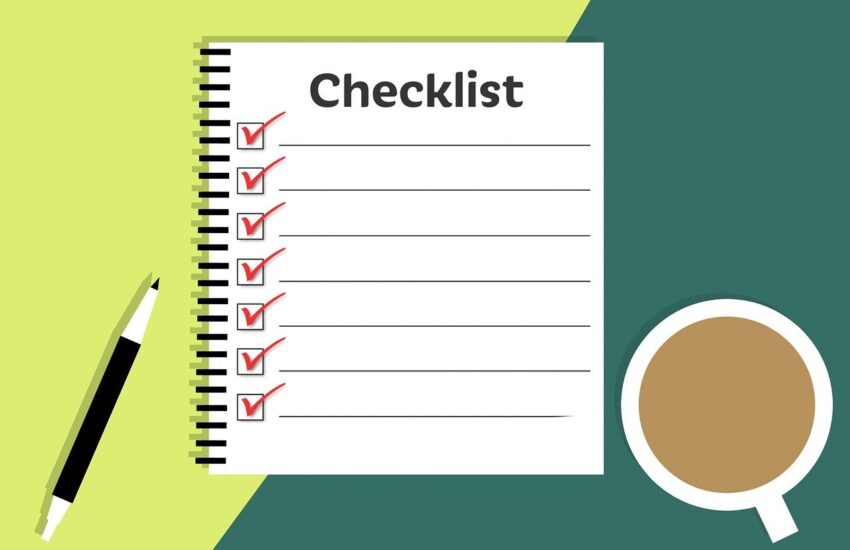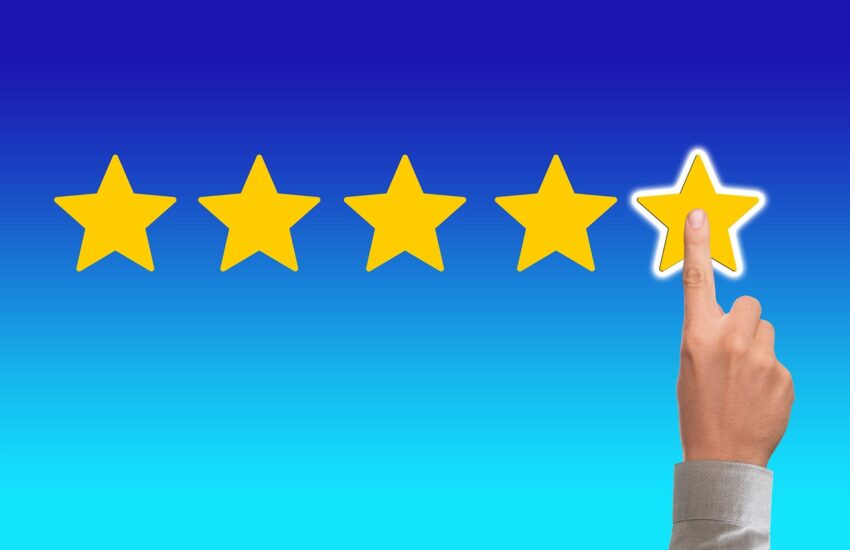Yesterday, a meeting of the Life Long Learning Committee operating within the Silesian Federation of Polish Entrepreneurs was held, attended by: Dr. Joanna Strzelczyk-Łucka, Prof. at AG (Chair of the Committee), Dr. Agnieszka Skołucka, Dr. Anna Dewalska-Opitek, Grzegorz Szuba, and Dr. hab. Aleksandra Kuzior, Prof. at PŚ. During the meeting, the members summarized the activities of the previous year and discussed the Committee’s work plan for 2026. The discussions focused on further strengthening the idea of lifelong learning and on initiatives responding to current business and labor market needs. The coming months will bring further initiatives and cooperation aimed at
...............